Better Sleep is something I struggle with because I don’t always follow through on my commitments.
Even though I know my limitations, I often feel pressured to take on exciting projects, even when they demand more effort than I’d prefer.
I also tend to delay bedtime just to write a little more, despite knowing that overstimulating my mind at night isn’t the best idea.
Even though I know I should not worry about things beyond my control, I occasionally find myself thinking about the same things repeatedly while I am in bed.
Additionally, there is the issue of just getting eight hours of sleep every night. I am aware that it is best for my health and that if I am overworked, overstimulated, or preoccupied with my thoughts, it is unlikely to occur.
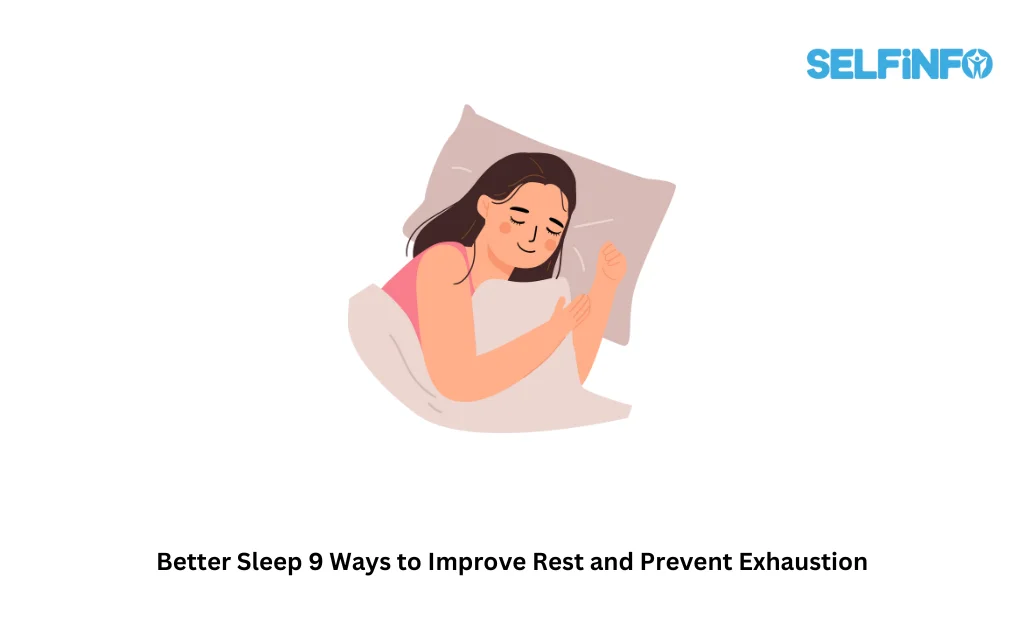
However, because sleep rarely seems like a priority, I occasionally put myself in a position to get exhausted. Not when there are tasks to complete, things to learn, or things to consider.
I am aware that I am not the only one who struggles with the bed.
A 2009 National Sleep Foundation poll found that since 2001, 13% more adults have reported having sleep issues. Approximately two out of 10 Americans get less than six hours of sleep per night.
As a result, the majority of them are less productive at work, less attentive when driving, and more prone to illness.
Getting enough sleep each night would be the easiest way to solve this, but I am a realist. I acknowledge that it will not always occur. Sometimes, no matter how hard you try to unwind, your thoughts will run wild. Even though you want to turn out the world, sometimes your child may scream or there will be an impending deadline.
I have therefore made the decision to provide guidance on both sides of the issue: how to minimize fatigue and how to handle it when it is inevitable. The former will be the subject of today’s topic, while the latter will be examined in Monday’s post.
How to Avoid Exhaustion
1. Recognize and accommodate for your work habits.
It is simple to feel compelled to work at all hours of the day if you are self-employed in any way, such as managing your own company or maintaining a blog. The benefits of resisting the always-on work culture are undeniable. However, even though those are the official work hours, you are not required to limit your job to the hours of 9:00 to 5:00.
Go ahead and work at night if you want to! Just remember that getting adequate sleep is essential. Try adjusting your schedule to start work later in the morning if you usually work late. You can look for ways to work with your habits once you have identified them.
2. Get any housemates on board with your plan.
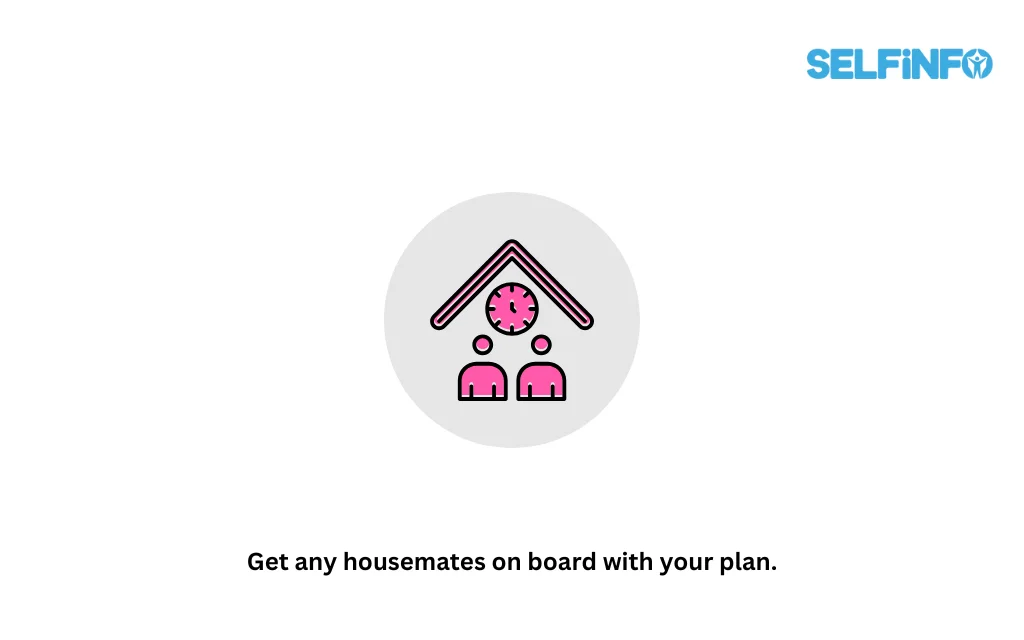
Having kids may make this more difficult. “Mommy will be sleeping between midnight and eight,” is probably not something your infant will comprehend. I will put your bottle in the refrigerator. Adult roommates, however, are able to comprehend and take into account your wants.
Inform them of your intended turn-in time (preferably the same on most nights) and the requirements you have for them to meet: Phones on vibrate, TVs off, or anything else that seems necessary for sleeping.
3. Enlist a stimulation removal buddy.
I do not always follow this rule, though; if my laptop were a little squishier, I would fall asleep holding it. My guy is excellent at reminding me when I need it.
Establish an ongoing appointment in Microsoft Office or set a phone alert to remind you to disconnect if you do not have someone to remind you to do so. Like the alarm that should have prompted you to go to the gym at 5:30 AM, you may be inclined to disregard this. However, like everything else, it can eventually turn into a habit.
4. Create a relaxing environment that’s all about sleep.
Sometimes, due to a combination of my laziness and my need to write at all hours of the day, my bed turns into an improvised desk. I find it hard to unwind completely in my bedroom because of this.
You will more readily link your bedroom with relaxing and falling asleep if you get rid of all other distractions, such as your computer, TV, and other electronics, or at least the majority of them. You can swap those items out with items that help you unwind, including wind chimes, a dehumidifier to facilitate breathing, or additional pillows to make your bed feel more comfortable.
5. Approach sleep as a health issue.
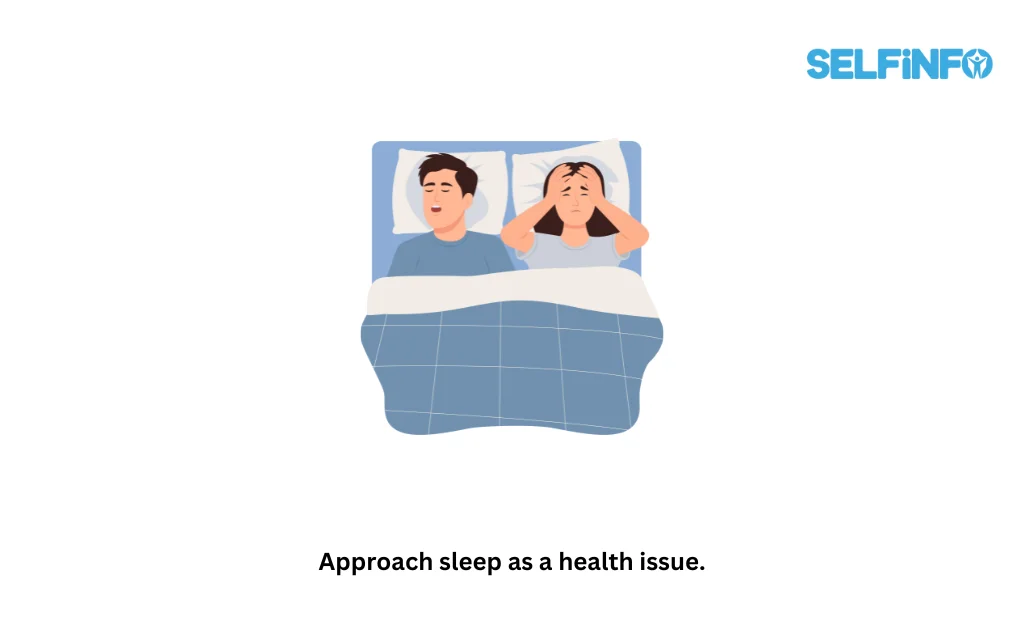
In actuality, sleep is just as crucial to your health as food and exercise. Your perspective on sleep may not change significantly if you are obese and sedentary. But if you keep in mind the advantages, you will probably prioritize getting enough sleep and make plans for it:
- Sleep aids in the restoration of any damage done to neurons during the day. You will struggle to focus, think clearly, and even create memories if you do not get enough sleep.
- Getting enough sleep helps maintain a strong immune system. People who are tired are more prone to illnesses, infections, and colds.
- Sleep enables you to perform at your best. You run the risk of injuring yourself at work if you do not get enough sleep, especially if you perform hard labor.
- You literally stay alive when you get enough sleep. In one study, rats who were sleep deprived lived for about five weeks as opposed to the two to three years that they typically do.
- Your general emotional and mental health is influenced by sleep. According to research, persons who experience prolonged sleep deprivation actually start seeing hallucinations.
6. Avoid caffeine, alcohol, and other stimulants several hours before bed.
Reduce the amount of alcohol you consume after dinner if, like me, you are as reliable as a grandfather clock at keeping track of the hours with restroom visits.
7. Purge your stresses before hitting the sheets.
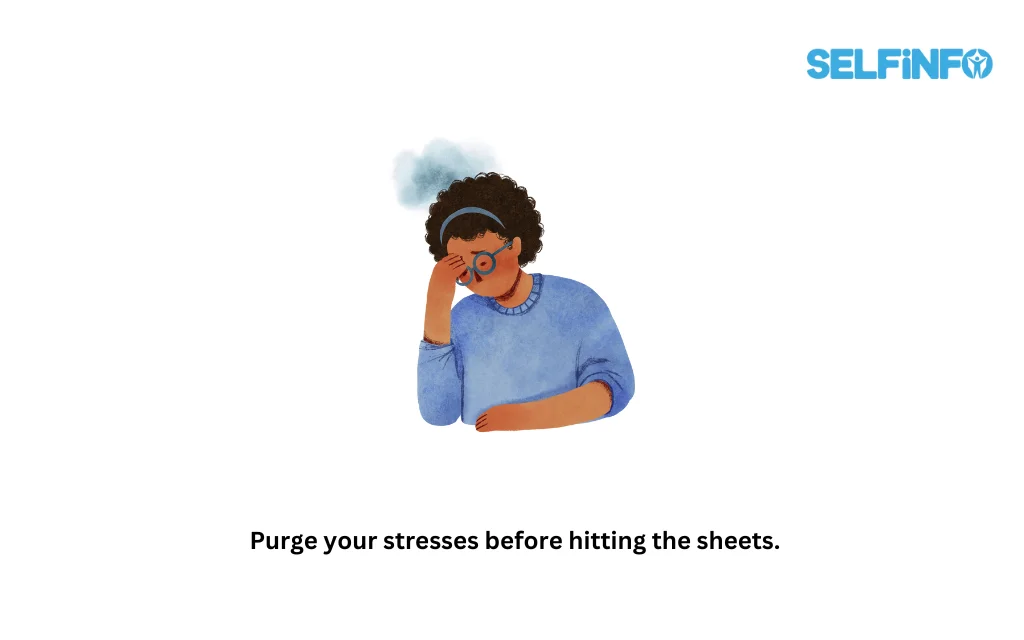
Anything that comes to you while you are lying in bed should be put on paper. Writing each in this format is one thing that helps me:
I am thinking about BLANK. The reason I keep thinking about it is because BLANK. I will deal with this by BLANK tomorrow. For instance:
I am thinking about my magazine piece. It is really important to me, and I want to make sure I do a good job, so I keep thinking about it. I shall start my investigation and email my editor some questions tomorrow to address this.
This enables you to precisely pinpoint your thoughts and come up with a solution, along with a time frame for working on it that is not now.
8. Snack your way to relaxation.
A little snack before bed can assist encourage sleep, as the assist Guide notes. Tryptophan-containing foods and carbohydrates, such as turkey (think Thanksgiving food coma), aid in brain relaxation. Try a banana with some oats or a half-turkey sandwich. You can examine the list of foods that contain tryptophan here if you would like more ideas.
Remember that white bread converts to sugar, which might be detrimental when your blood sugar levels fluctuate. Choose whole grain bread if you choose to eat it.
9. Minimize the potential to wake up.
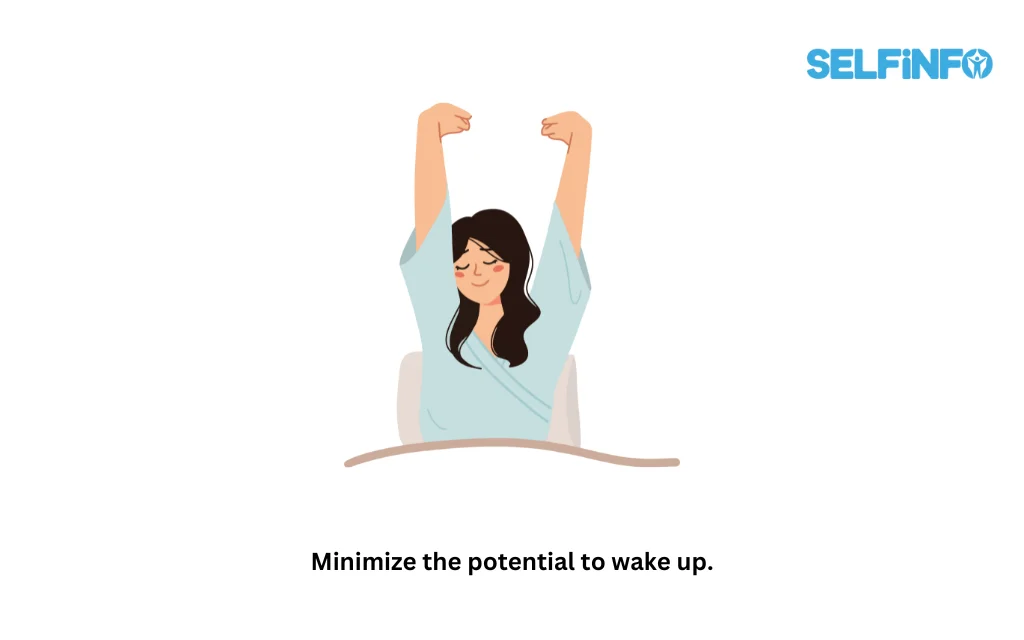
First, put on some socks.Because the body’s heating system, thermoregulation, is closely related to sleep cycles, researchers have hypothesized that cold hands and feet can interfere with sleep. Second, try to insulate your room as much as possible to prevent noise from waking you.
Finally, to block off light, think about using an eye mask. Your pineal gland’s production of seratonin and melatonin, which aid in regulating sleep cycles, can be disturbed by even a tiny amount of light. The bathroom light is no exception. It is ideal to have a night light of some kind in there if you wake up frequently during the night.
I will now suddenly stop this post without providing a thoughtful conclusion. Why? Since it is midnight, I have scheduled my work until that time. After that, I am going to relax and try to get eight hours of sleep.
